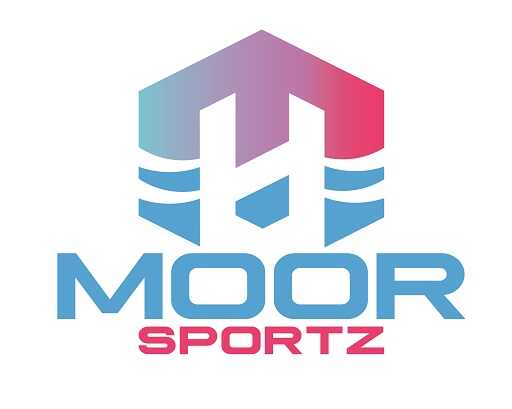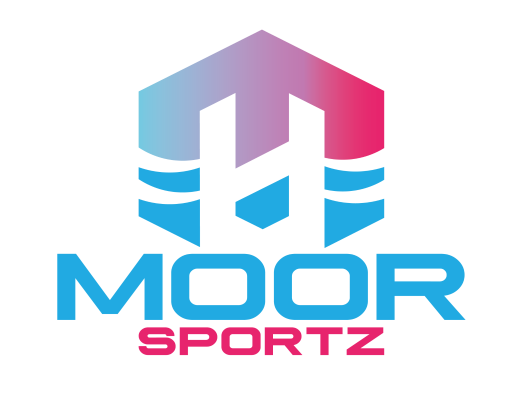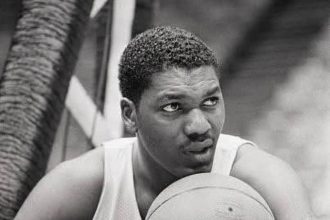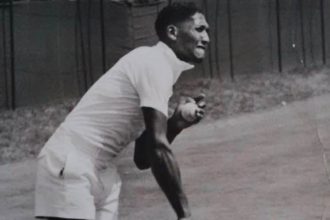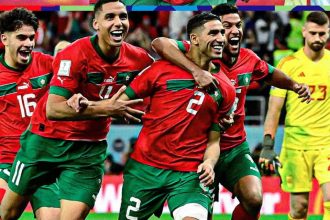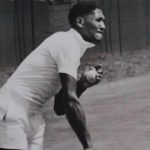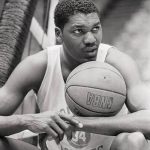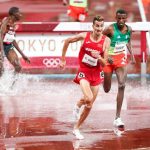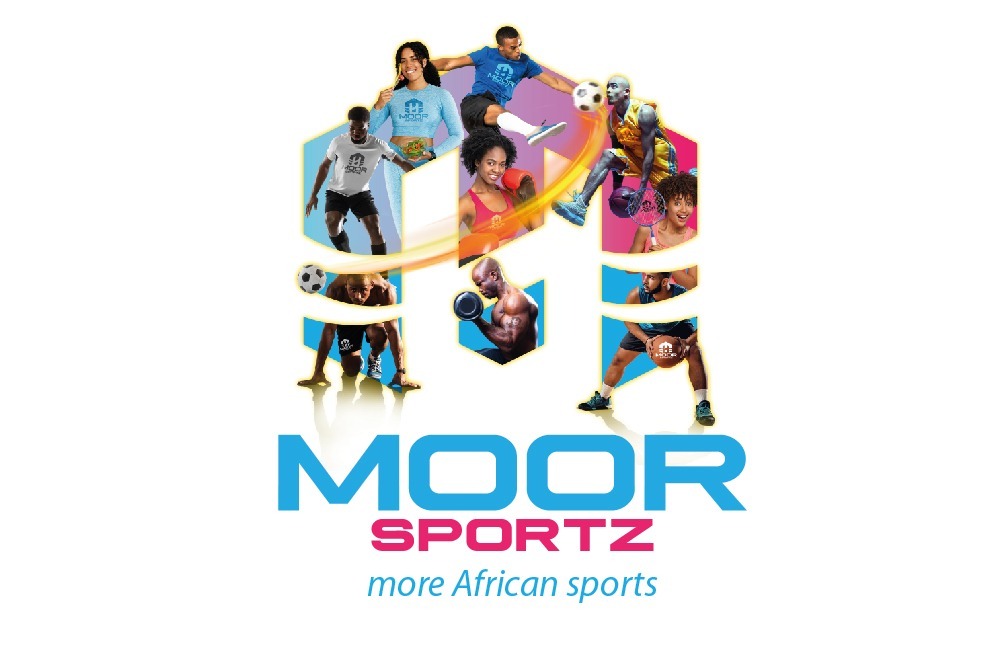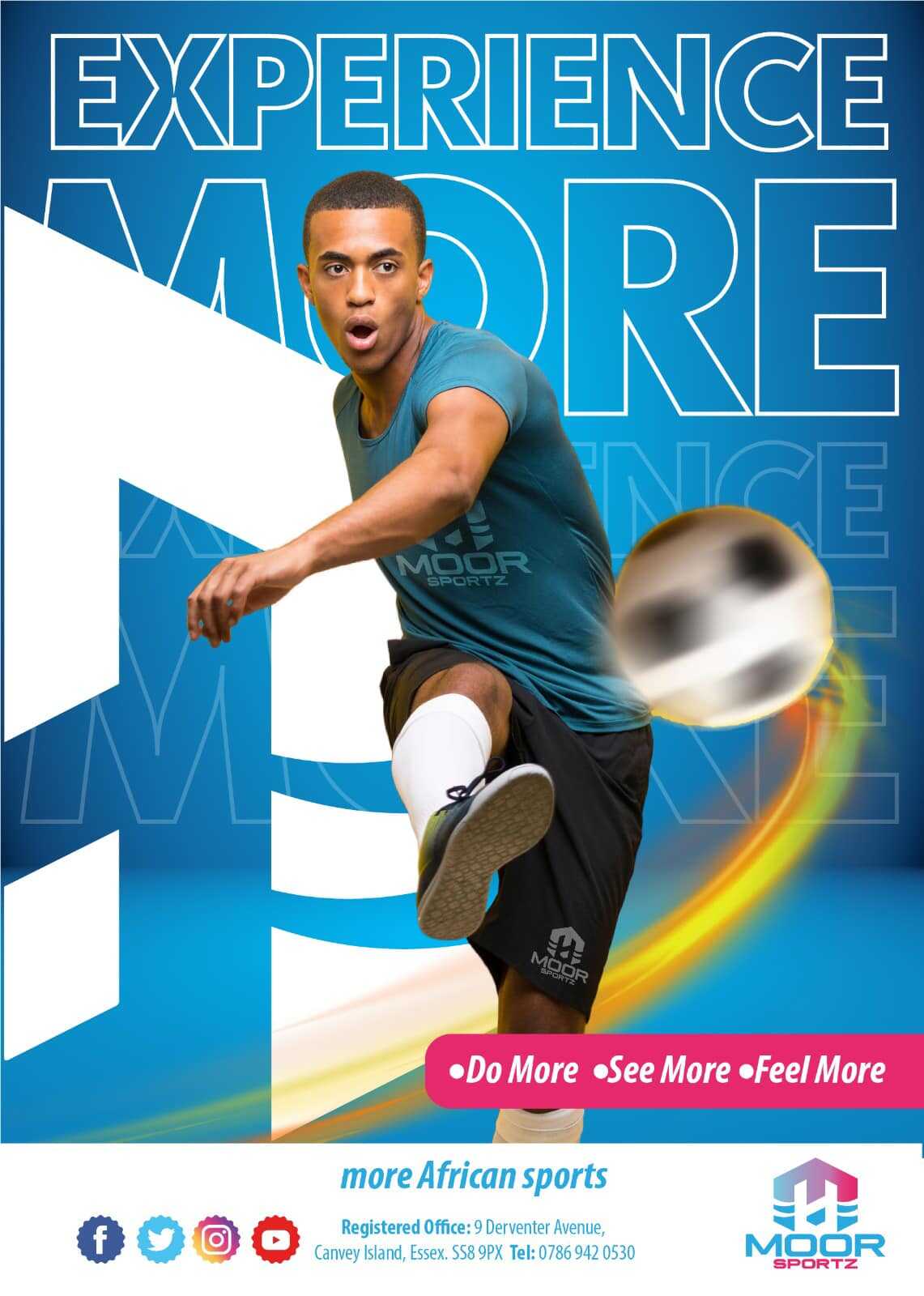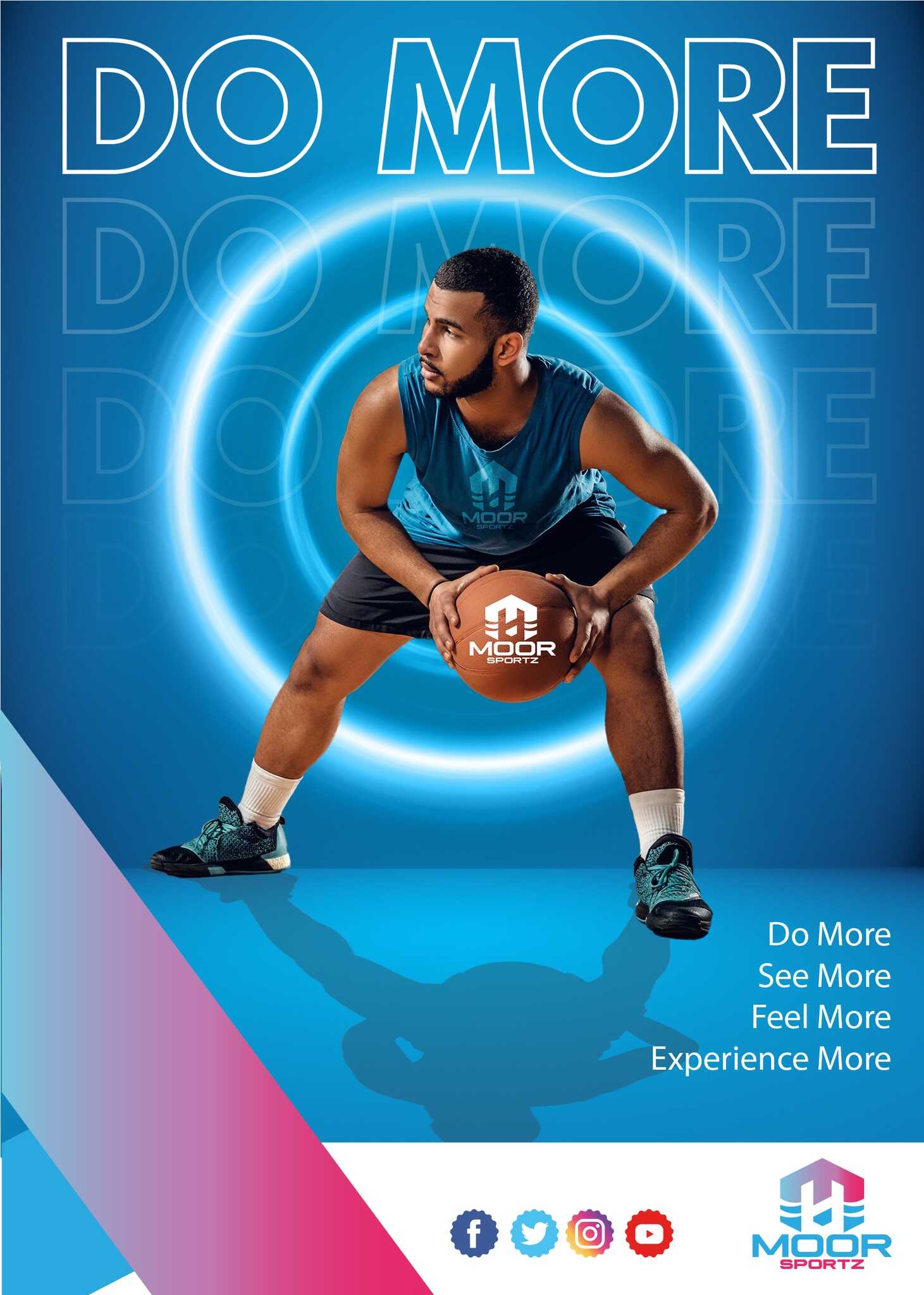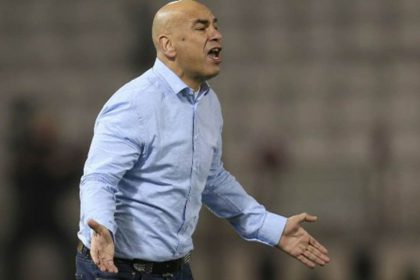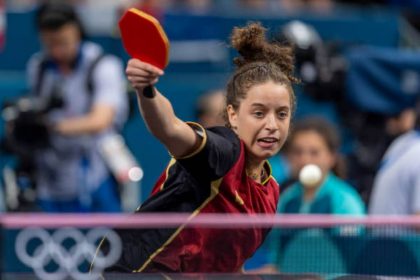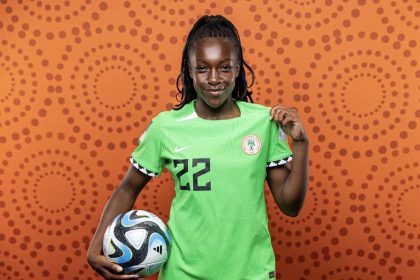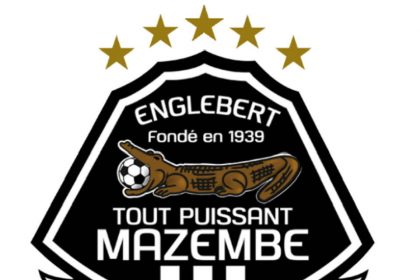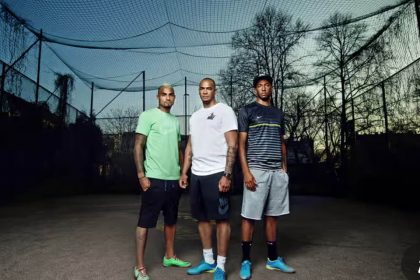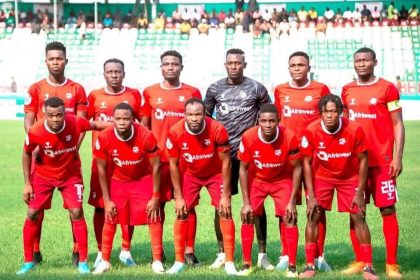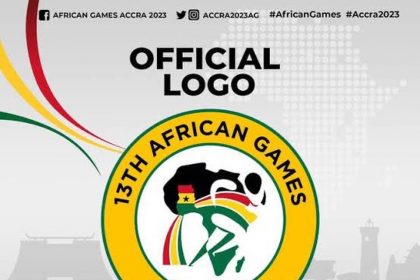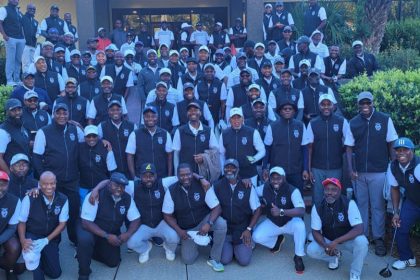King Mohammed VI is rightly credited with being the architect of Morocco’s sports renaissance but there are Moroccan technocrats that he used to accomplish this. One of the men entrusted to deliver his vision is Nasser Larguet. Morocco’s Atlas Lions have only won the men’s Africa Cup of Nations (AFCON) once and that was in a format that was quickly scrapped.
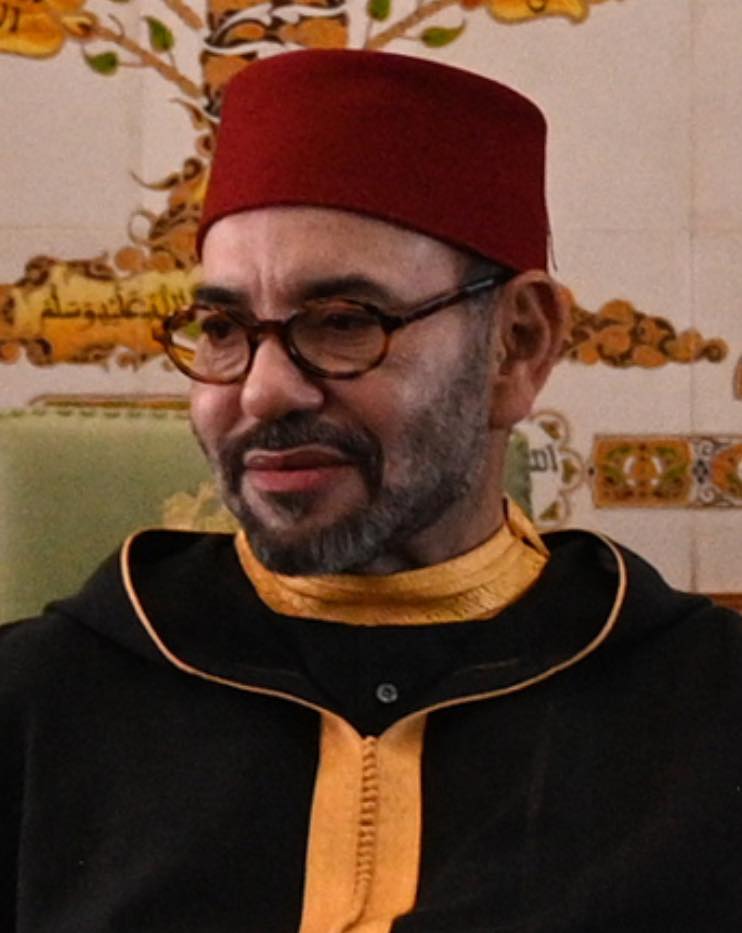
The King wanted to know why his country had only succeeded once and also what could be done about it. The review discovered that one of the problems was that the clubs, which up to that point were trusted to develop and nurture young players had a club versus country conflict. It was their responsibility to cater for the needs of the club – if that benefited country as well, that was great, but their primary purpose was to develop players to suit the needs of the club.
The review suggested a solution. Morocco needed an academy – complex really – that put the needs of the country first. If that benefited the clubs as well, that was fantastic. Work started on building the complex at Salé rapidly in 2007.
Larguet who prior to this time was the director of football for various clubs in France, including Rouen, Cannes, Caen, and Strasbourg was chosen to run it.
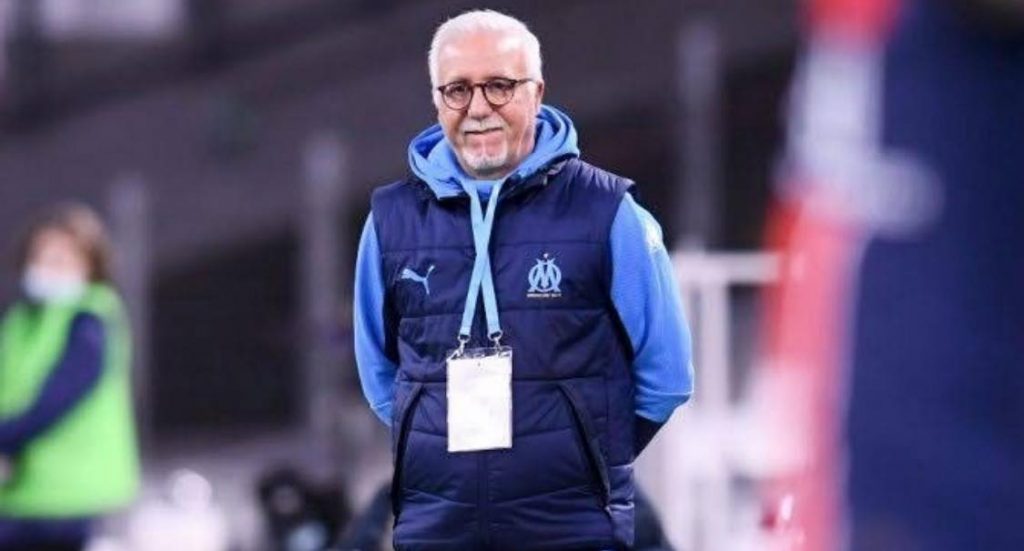
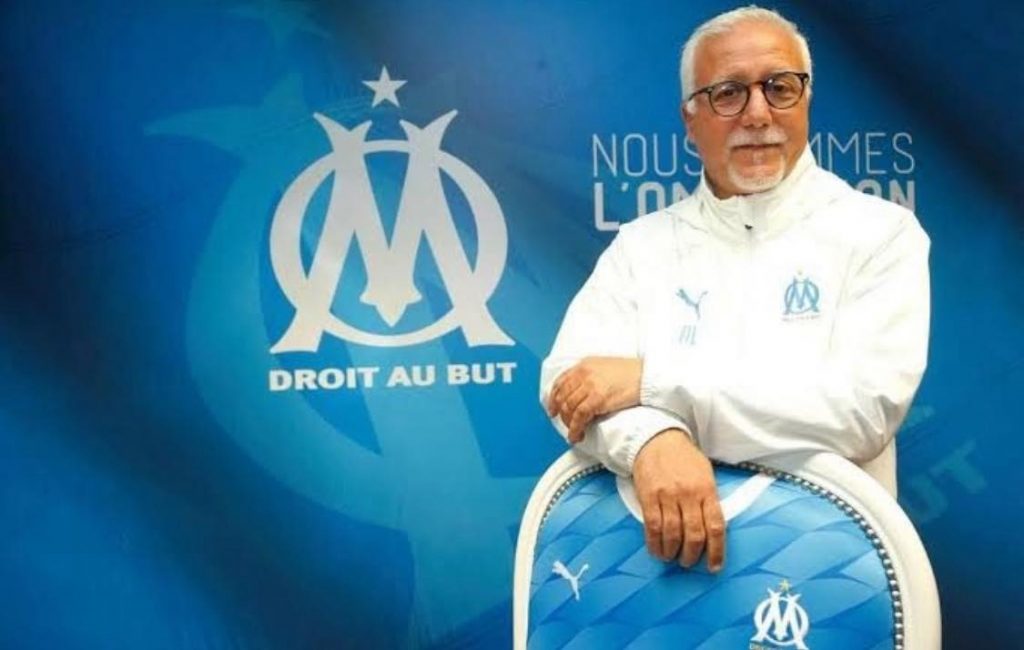
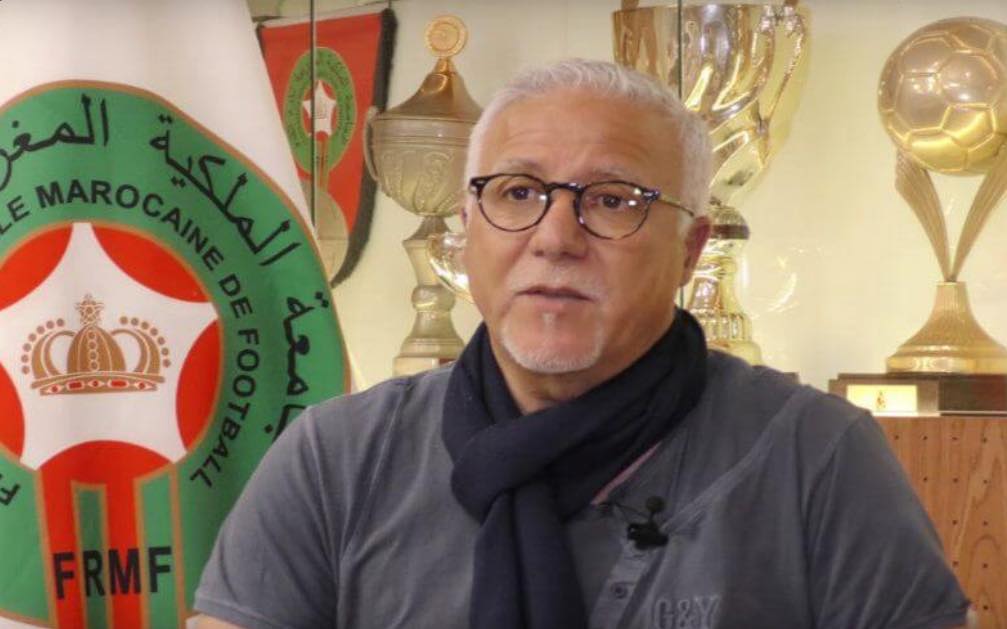
The Moroccan monarch King Mohammed VI, instructed Groupe 3 Architectes to build this football academy. The project costed around $15.4 million. In the beginning, project manager Nasser Larguet toured the country to find adequate candidates. Afterwards, the academy started a testing system to accept students. The North-African Academy is managed by Compagnie Générale Immobilière, a non-profit organization. The academy is presided by the personal royal secretary of King Mohamed VI, Mounir El Majidi, who is also the head of FUS Rabat.
King Mohamed VI supported the project by presenting financial aids to encourage similar initiatives in other cities and to guarantee the progress of Football activities in the country.
By 2015, similar academies have been launched in several cities across Morocco such as Agadir, Tangier, Saïdia.
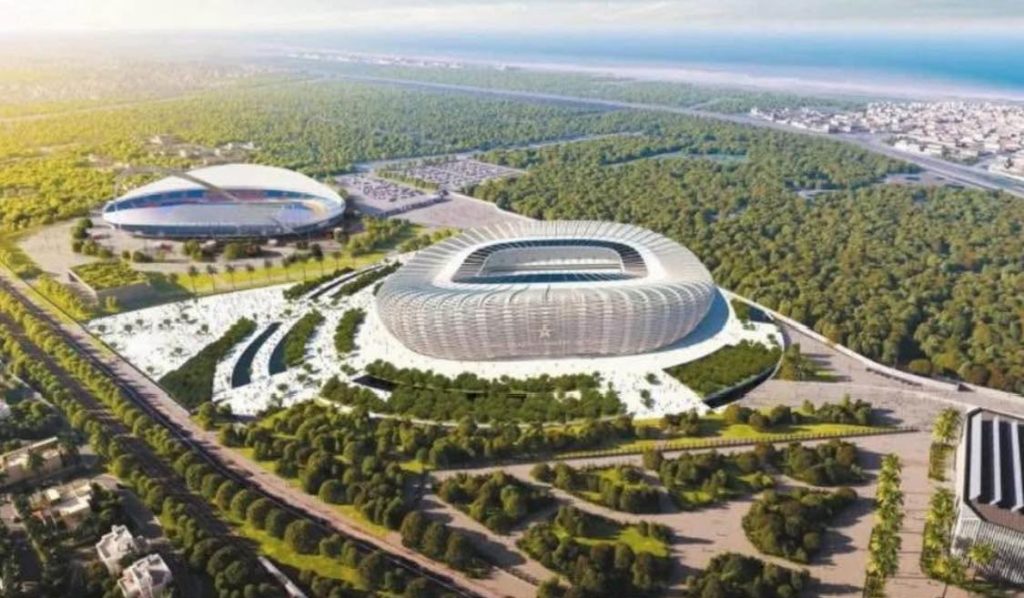
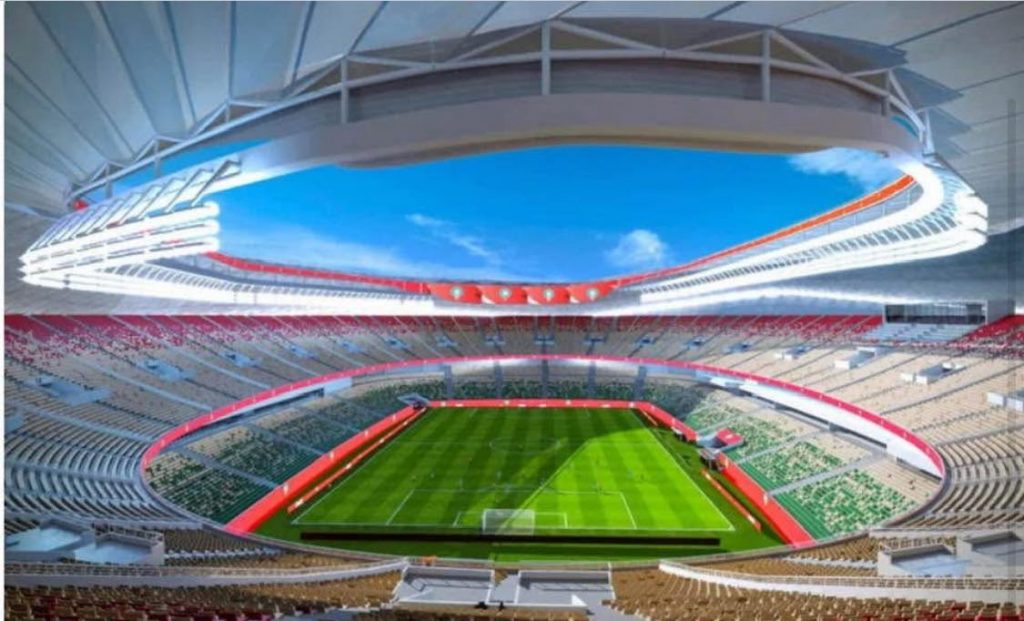
It bore fruit very quickly. By the World Cup of 2018 signs of its importance were obvious – Youssef En-Nesyri, Nayef Aguerd, Hamza Mendyl, Azzedine Ounah, who are four of its protégés were already Atlas Lions.
Nasser Larguet, a thoughtful 66-year-old devoted to developing the game, may not be a globally renowned, but his work has been making waves. Larguet, who hails from Sidi Slimane, a small agricultural city in the north of Morocco, is currently technical director of the Saudi Arabia football team.
Morocco under the leadership of King Mohammed is now transforming its sports sector into a dynamic economic engine, driven by significant investments in infrastructure and sponsorships.
The game is changing in the Maghreb state. What used to be mostly about pride, packed stands and national moments is quickly becoming a full industry.
The government and private sector are spending on stadiums, sponsors are signing up, and new sports are finding paying crowds. The result: jobs, tourists, and fresh revenue streams for cities and businesses.
Ahead of the 2025 Africa Cup of Nations (AFCON) and the 2030 FIFA World Cup, Morocco is investing over $1.05 billion in upgrading and constructing stadiums.
This includes the newly opened Prince Moulay Abdellah Stadium in Rabat, with a seating capacity of 68,700. The stadium features state-of-the-art facilities and is set to host major international events.
Other cities like Benslimane, Marrakech, Agadir, and Fez are also undergoing stadium enhancements to meet international standards. These projects aim to boost tourism, create jobs, and stimulate local economies.
Morocco’s sports sector is attracting significant commercial interest. Major brands in airlines, banking, and telecommunications are securing multi-year sponsorship deals, including stadium naming rights and event partnerships.
These agreements provide clubs and federations with stable revenue streams, enabling investments in youth programs and infrastructure.
Additionally, broadcasters and streaming platforms are increasing their investments in Moroccan sports content, further enhancing the sector’s financial viability.
Morocco is investing heavily in developing young athletes too.
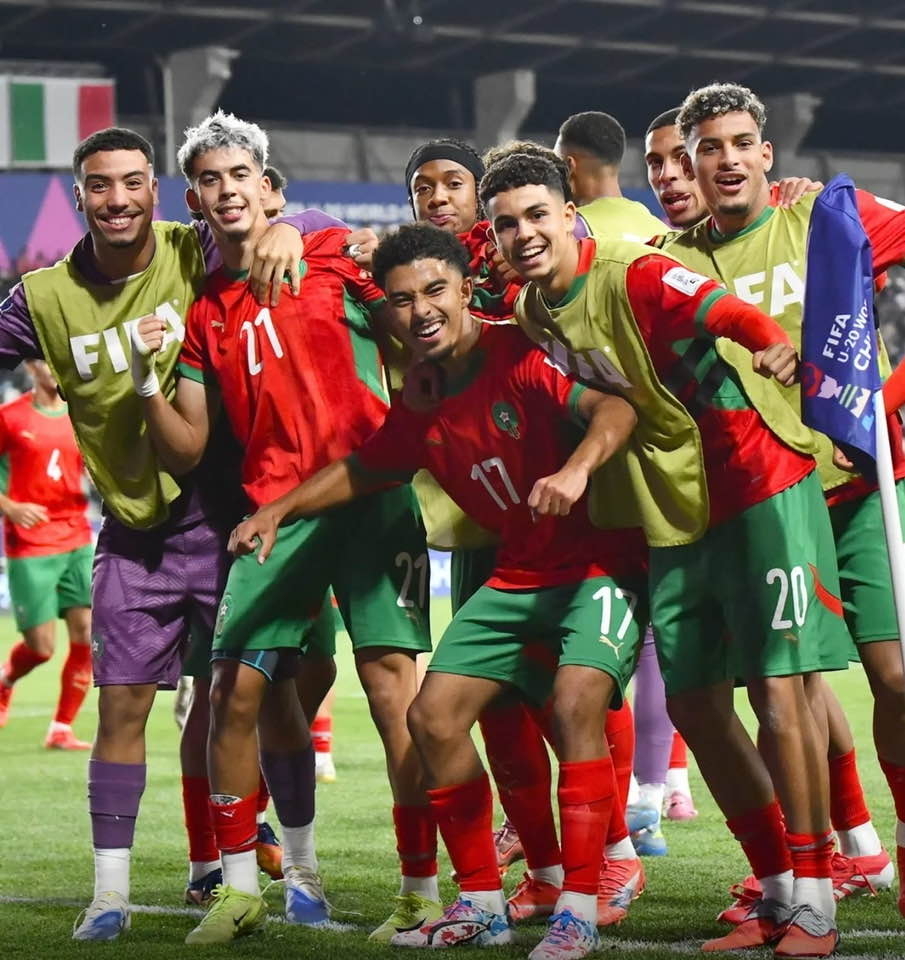
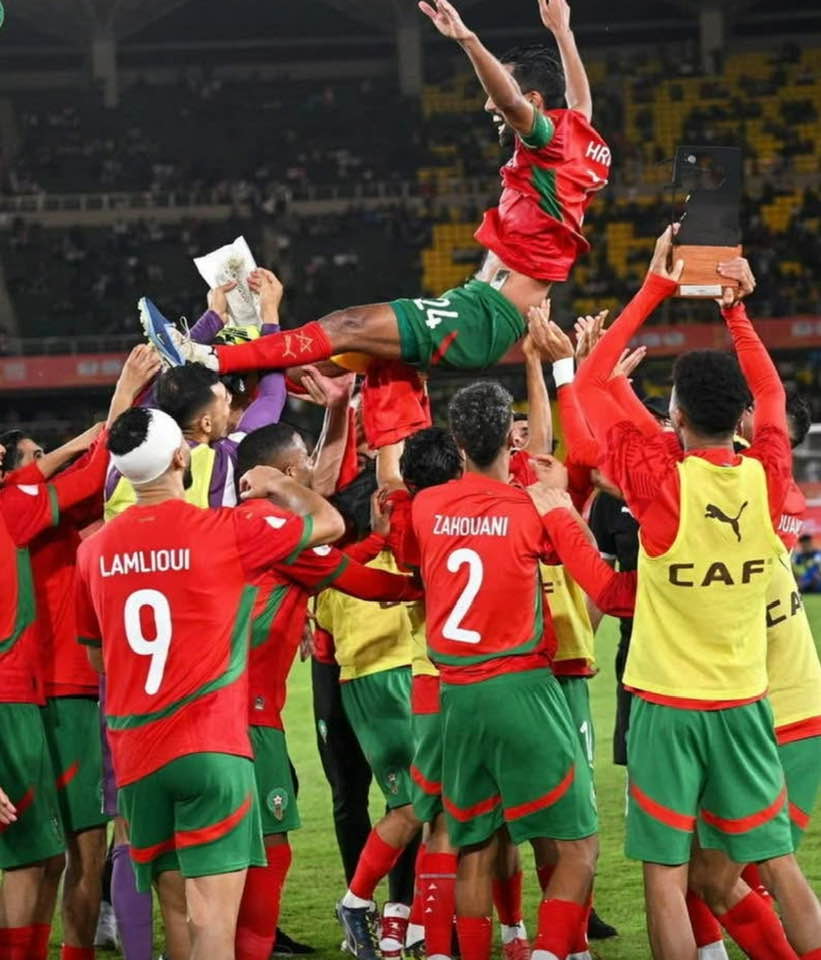
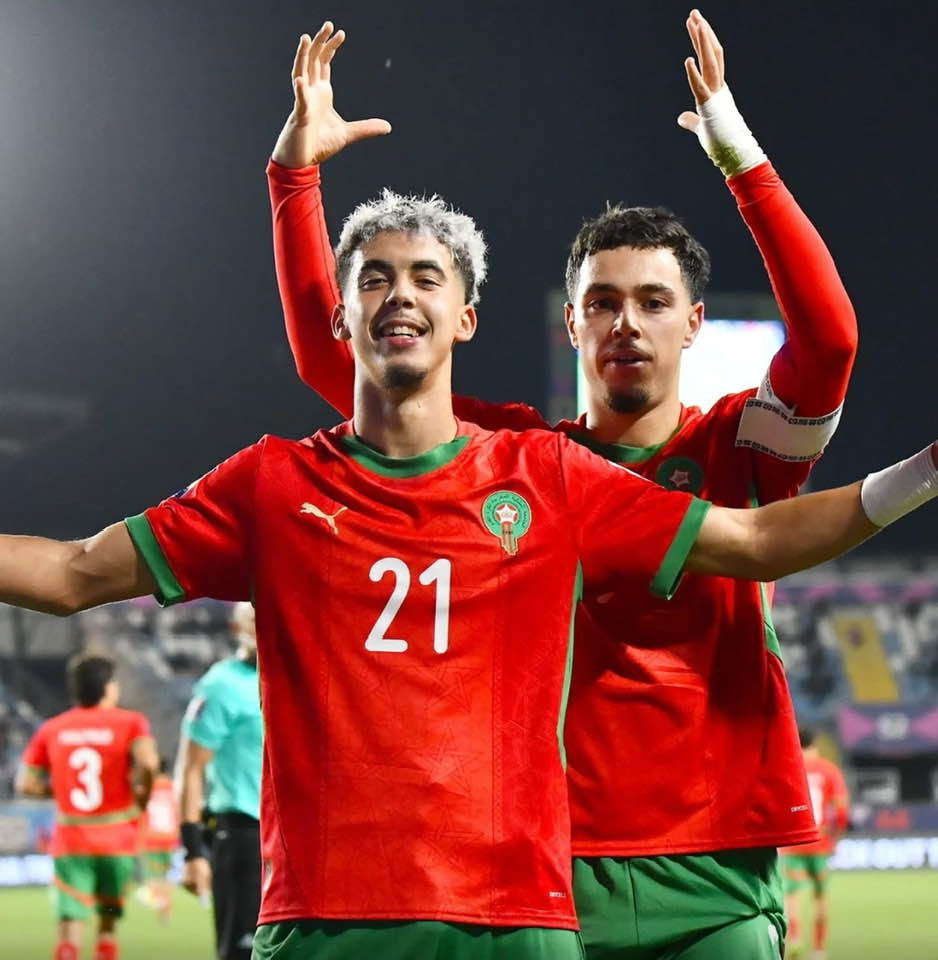
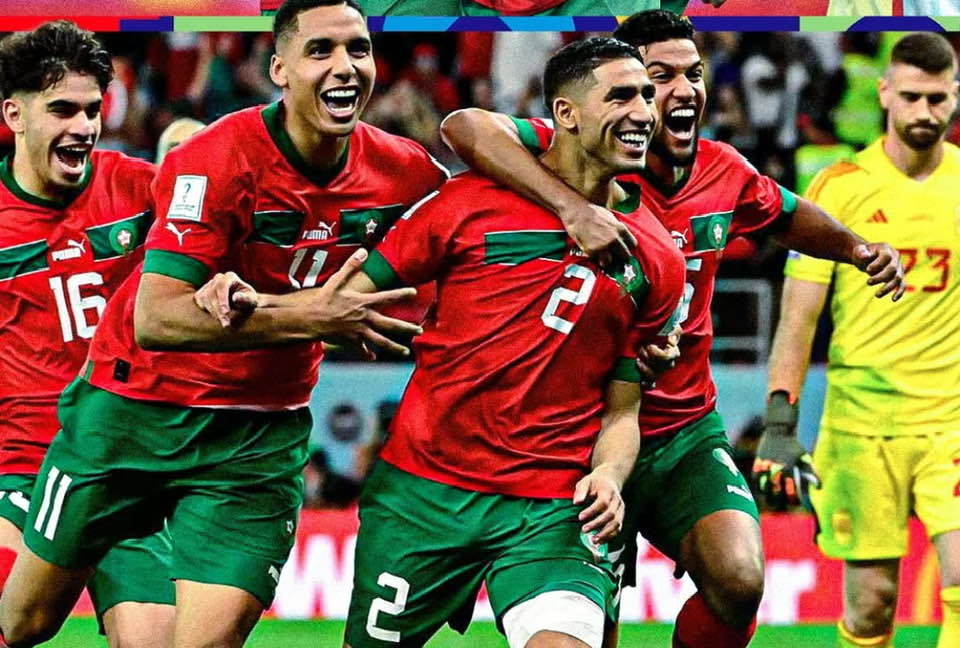
The Raja Club Athletic Academy secured a $16.5 million investment through a partnership with Marsa Maroc to improve its facilities and governance.
The UM6P EVOSPORT program supports talent development and modern sports infrastructure, backed by the Royal Football Federation and private companies like OCP Group.
These facilities provide young athletes with year-round training opportunities, access to professional coaching, and competitive environments. Investments in infrastructure, including upgraded pitches and indoor arenas, aim to create a pipeline of talent that can feed professional clubs, academies, and national teams across Morocco.
The semi-permanent street circuit in Agdal district, Marrakech, Morocco operated by MGP with a capacity of 10,000 spectators.
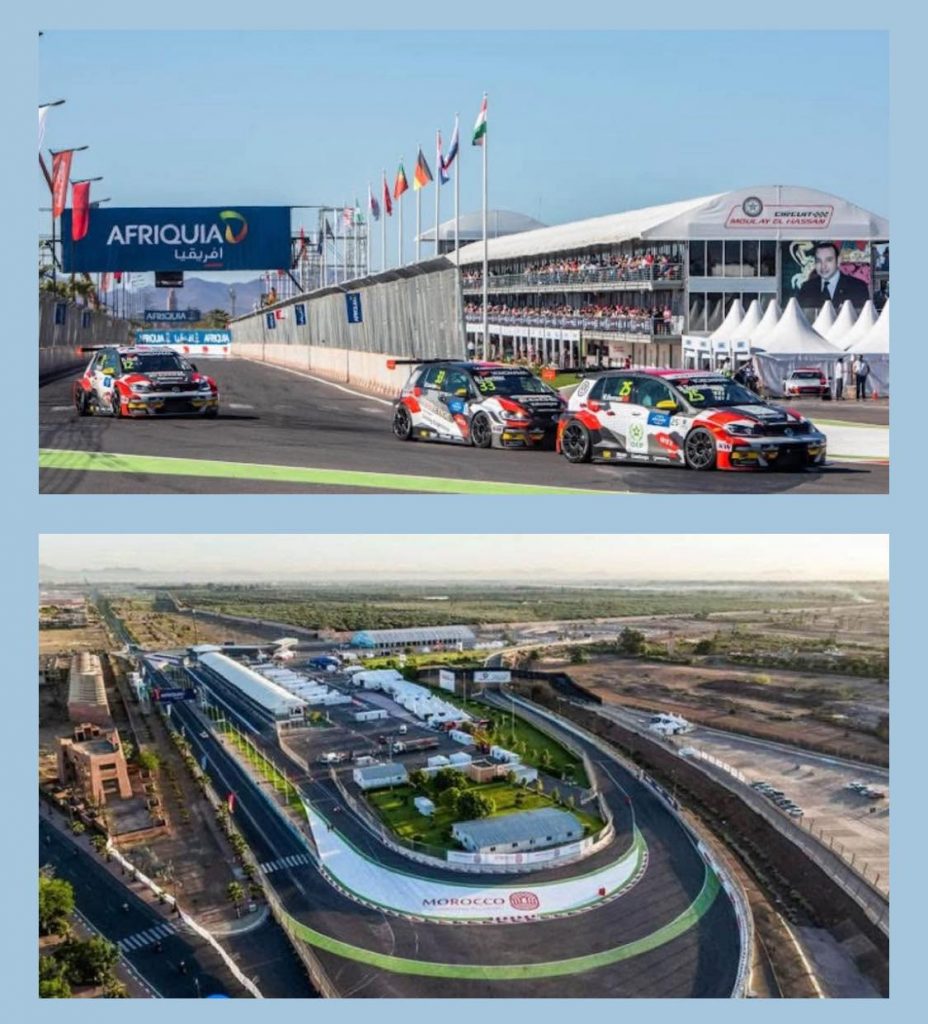
This circuit with a surface of Asphalt and 2.971 km in total length, with 14 turns was also commissioned on 1st of May 2009 by the ambitious monarch.
Formula 1, the world’s most popular automotive racing sport, may soon bring its high-speed events to Morocco. According to Formula 1 Group CEO Stefano Domenicali, the league is considering holding a Grand Prix event in Africa.
The outcomes of all these sports investments have been direct.
Morocco has since made history by becoming the first African country to reach the semis of the World Cup, the women’s team reached a back to back Women’s Africa Cup of Nations finals.
They have been African champions across all age group tournaments; AFCON U-23, AFCON U-17, AFCON U-20, Olympics football bronze medal.
Morocco is also the only African country remaining at the ongoing FIFA U-20 World Cup in Chile where they’ll be meeting the USA in the last 8 stage.
They continue to consolidate on their legacies in international athletics tournaments.
Morocco have representation at five FIFA tournaments this year; FiFA U-17, FIFA U-20, FIFA women’s World Cup, FIFA Arabs Cup, FIFA FUTSAL women’s World Cup.
It’s safe to say Morocco are the African football super power house of the last 5 years. This is a testament to good organisation, great funding and a purpose driven management.
There is an African adage that says “whatever you sow you’ll reap”, this is the story of the 21st century sports renaissance in Morocco.
